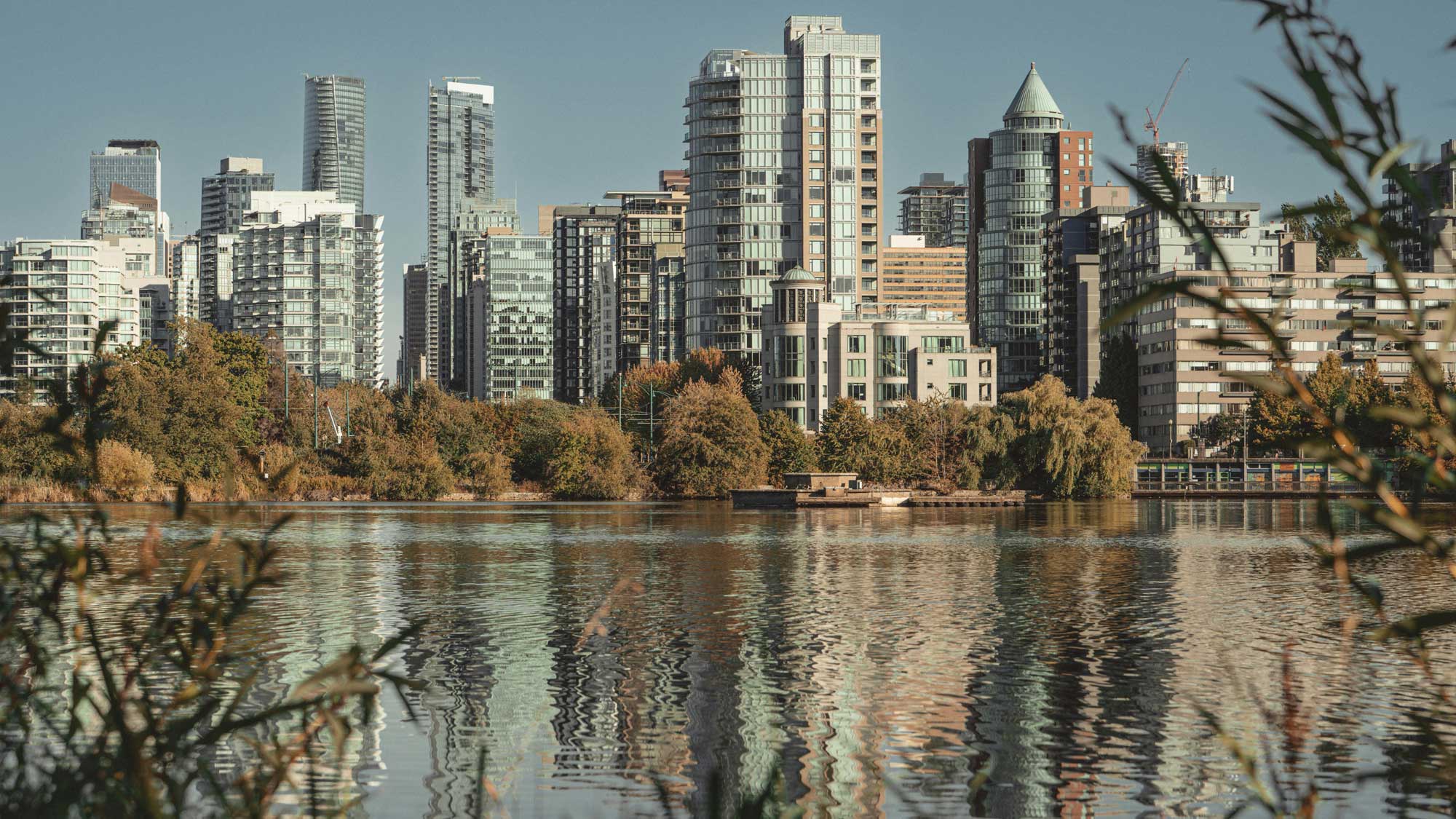
Recent changes in legislation will significantly impact landlords in Vancouver's real estate and rental market. In a bill focused on helping Canada’s housing crisis, Ottawa has updated Airbnb laws and rental regulations with new taxes aimed at curbing short-term rental practices.
This means that long-term rentals are becoming the more stable investment option for property owners. Klein Property Management specializes in helping owners convert their properties into long-term rentals and provides resources for those looking to adapt to these changes.
The federal and British Columbia governments have introduced measures to restrict tax deductions for non-compliant short-term rentals effective Jan 1st, 2024. These measures are part of a broader strategy to make more homes available for long-term rental, increasing housing availability for Canadians. Recent figures from the Canada Mortgage and Housing Corporation have found that 3.5 million additional new housing units will be needed in the next ten years to substantially affect housing affordability. This is on top of units already planned to be built.
British Columbia, in particular, has seen a surge in short-term rental listings, prompting the government to take action. The bill's changes include increasing fines, requiring rental platforms to share data with the government, and limiting short-term rentals to principal residences. Furthermore, the bill introduces a new provincial platform registry and a dedicated enforcement unit to ensure compliance with these new regulations.
Property owners in areas where these new measures apply can no longer claim rental expenses against their income for tax purposes. In addition, starting on May 1st, 2024, short-term rentals will be limited to the host’s principal residence plus one secondary suite or accessory dwelling unit. This requirement will apply not only to big cities like Vancouver but to any community with a population of 10,000 or greater and their neighbouring communities.
In regards to the registry, by late 2024, the B.C. government plans to create a short-term rental registry to help track and regulate properties being used as Airbnb’s. This platform is expected to require hosts to have registration numbers registered in a provincial registry of short-term rentals. Landlords will also be required to have a valid business license for their short-term rentals, or else their listing will be removed at the local government's request. These steps are in line with the Vancouver rental rules aimed at regulating short-term rentals in the city.

These measures come on the heels of the Liberals’ announcement in October 2023 that they will be spending billions to build more housing. The Conservatives demanded that they keep their spending reasonable, with fears of further driving up inflation.
“We know that short-term rentals through sites like Airbnb and VRBO mean fewer homes for Canadians to rent and live in full time, especially in urban and populated areas of our country,” federal Finance Minister Chrystia Freeland
remarked on Oct 17th. Her statements point to the near future introduction of more measures aimed at getting landlords to convert short-term rentals into long-term ones.Moreover, short-term rentals' impact on housing availability and affordability has been a contentious issue for MLAs. The province of British Columbia, recognizing the urgency of the situation, has begun to act. According to Housing Minister Ravi Kahlon, these rentals have significantly detracted from the long-term housing supply. With over 28,000 short-term rentals in the province and a significant portion being used as investment properties rather than housing for residents, the government's legislation seeks to mitigate this issue by tightening controls and increasing fines for non-compliance.
This regulatory push reflects the growing recognition of the connection between short-term rentals, housing availability, and the overall health of the rental market. As reported by the CMHC, the rental market in Canada is facing a critical supply issue, with demand consistently outpacing the available supply. This has led to record-low vacancy rates and record-high rent growth across the country, with Vancouver at the forefront of these issues.
These measures, therefore, are not just attempts to regulate a specific sector of the housing market but are part of a comprehensive strategy aimed at stabilizing housing prices in the long term, increasing housing affordability for all Canadians. In light of these ongoing changes, including the Vancouver rental rules, many property owners may find long-term rentals more attractive than short-term rentals.

In other rental news, British Columbia has set the rent increase limit for 2024 at 3.5%. This limit applies regardless of whether utilities and other fees are included in the rent. This is to means landlords cannot increase rent beyond this threshold even if their costs rise in utilities or other areas. Furthermore, rent can only be increased once every 12 months, either from the start of the tenancy or the last legal increase. Landlords must also provide at least three months' notice before any rent increase. This change is in line with previous years, restricting landlords' ability to increase rent to prices that match market conditions for current tenants.

With these rapidly changing rental laws and regulations, property management services like Klein Property Management can help property owners streamline their transition into the new market. One wrong step can cost a property owner tens or even hundreds of thousands, so it can be beneficial to have some expert guidance.
Property management services monitor local bylaws, ensure compliance with provincial regulations, and work with landlords to find the best way to profit from their investment in the given market conditions. For property owners looking to convert their Airbnb units to long-term rentals or seeking alternatives to mitigate the impact of the new anti-flipping tax, partnering with a knowledgeable property management service is a smart move, financially and for one’s peace of mind.
In conclusion, this may only be the beginning of Vancouver's rental market undergoing significant transformations, as new laws and regulations have only begun to push against Canada's housing affordability crisis.
The new Vancouver rental rules and practices are likely only the beginning of these measures, and further tightening may be coming down the line. For landlords, this makes the current market difficult, where keeping up to date and understanding the implications of new laws is crucial. Using a property management service is one way to more easily navigate these challenges, ensuring greater peace of mind and a stable return on investment.
Whether you’ve just bought a home or have owned a property for decades, there are a few things every homeowner needs to know to care for their home properly.

Subscribe for first access to our public and non-public offerings, foreclosures, new projects and other developments.
201 - 2468 Scotia Street
Vancouver, BC
Canada V5T 1W5
201 - 2468 Scotia Street
Vancouver, BC
Canada V5T 1W5
O 604 684 8844
T 866 352 9311
F 1 855 684 8844
201 - 2468 Scotia Street
Vancouver, BC
Canada V5T 1W5
Forgot Your Password?
Login with: